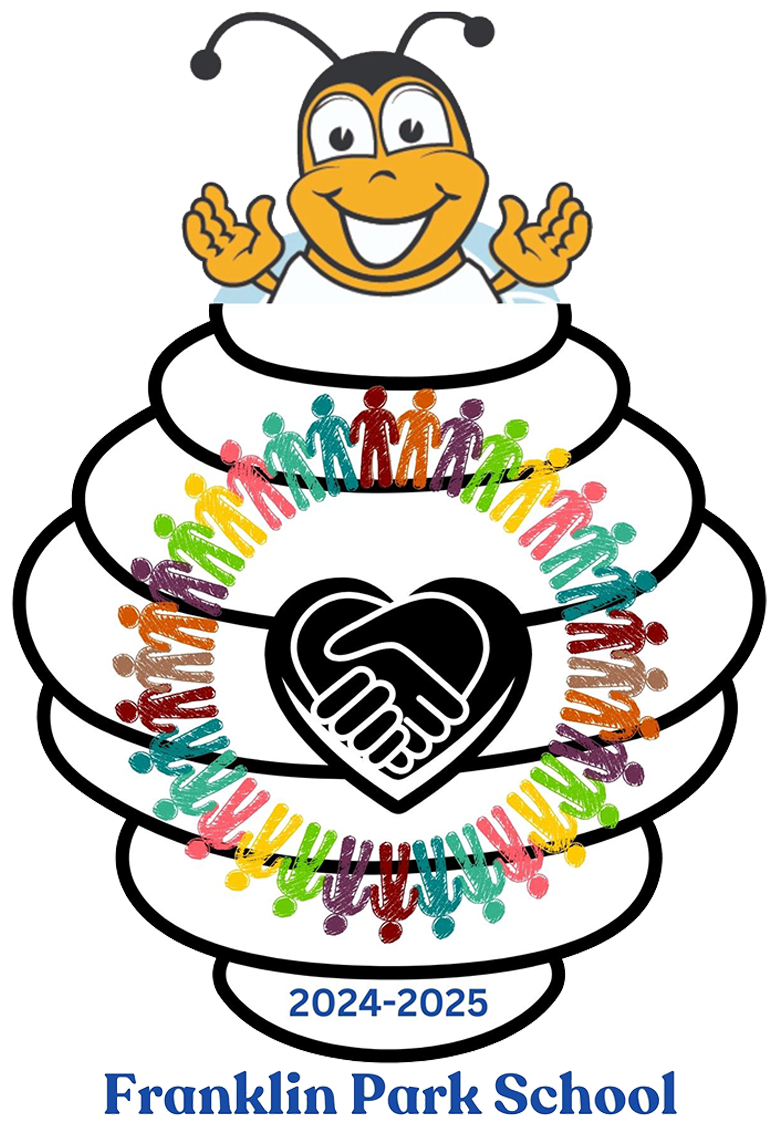PBIS Overview
What is Positive Behavior Interventions and Supports?
One of the foremost advances in school-wide discipline is the emphasis on school-wide systems of support that include proactive strategies for defining, teaching, and supporting appropriate student behaviors to create positive school environments. Instead of using a piecemeal approach of individual behavioral management plans, a continuum of positive behavior support for all students within a school is implemented in areas including the classroom and non-classroom settings (such as hallways, buses, and cafeteria).
Positive behavior support is an application of a behaviorally-based systems approach to enhance the capacity of schools, families, and communities to design effective environments that improve the link between research-validated practices and the environments in which teaching and learning occurs.
Positive Behavior Interventions and Supports is a multi-tiered prevention-intervention model that provides a continuum of positive behavioral support strategies in school settings. Positive Behavior Interventions and Supports fosters positive school environments so that all students, most particularly students with disabilities, can be successfully included within general education programs.
Positive Behavior Interventions and Supports is comprised of three levels of intervention implementation: universal, secondary, and individualized. While the three intervention tiers build upon one another, each tier has a specific intervention focus and process for implementation. Attention is focused on creating and sustaining primary (school-wide), secondary (classroom), and tertiary (individual) systems of support that improve lifestyle results (personal, health, social, family, work, recreation) for all children and youth by making targeted behaviors less effective, efficient, and relevant, and desired behavior more functional.
Adapted from:
New Jersey Positive Behavior Supports in Schools http://www.njpbs.org/school_wide_pbs/index.htm
OSEP Technical Assistance Center on Positive Behavioral Interventions and Supports: Effective School-wide Interventions http://www.pbis.org/school/default.aspx
Resources

New Jersey Positive Behavior Support in Schools – Universal Intervention Implementation Manual Templates
NJPBSIS Parent Newsletter – Respect - Respect is an important life skill that can help your child be successful at school and home. This newsletter is a guideline for talking to your child about respect.
NJPBSIS Parent Newsletter – Responsibility – We want to prepare our students to be responsible at school, at home, and as adults in the future. This newsletter is a guideline for talking to your child about responsibility.
NJPBSIS Parent Newsletter – Homework Routines – Having clear routines is really important to students making good choices. Routines are predictable (so students know what to expect), they give students clear cues about what to do, and they enhance adult consistency (so students get the same message from everyone). Here at school we are working hard to develop clear and consistent routines that will help students be successful. At home, having a clear and consistent routine for homework and studying will have big impact on your child’s academic success!
Behavior Expectation at Home – A template for parents to develop behavior expectations or rules at home.
New Jersey Positive Behavior Support in Schools – Respectful Classroom Resources
Class Climate Teacher Reflection Checklist – A short checklist of evidence-supported indicators for fostering a positive class climate
Meeting Sequence – Outline of Topics for Weekly Class Meetings for Positive Problem-Solving Classroom
Effective Strategies for Redirecting Behaviors – Power Point presentation that outlines key principles for effectively redirecting occurrences of behavior
Suggestions for Effectively Redirecting Behavior and Conduct Infractions- At a glance tip sheet that summarizes key strategies
How Do I Implement Positive Behavior Support as a Classroom Management Strategy –Step by Step guide for teachers to adopt a PBS Classroom Management Strategy with examples
OSEP Technical Assistance Center on Positive Behavioral Interventions and Supports: Effective School-wide Interventions
o Classroom Checklists, Effective Classroom Plan, Environmental Inventory Checklist - The document includes 1) Top 17 Classroom Management Strategies that should be emphasized in every classroom, 2) Effective Teaching Strategies, 3) Promoting Positive & Effective Learning Environments Classroom Checklist, 4) Effective Classroom Plan, and 5) ENVIRONMENTAL INVENTORY Checklist.
o Classroom Management Self –Assessment - Classroom Management Self-Assessment measures extent to which effective classroom management practices are in place. The assessment consists of 10 items to check.
o Effective Behavior Support (EBS) Survey - The EBS Survey is used by school staff for initial and annual assessment of effective behavior support systems in their school. The survey examines the status and need for improvement of three behavior support systems: (a) school-wide discipline, (b) non-classroom management systems, and (c) systems for individuals students engaging in chronic behaviors.
